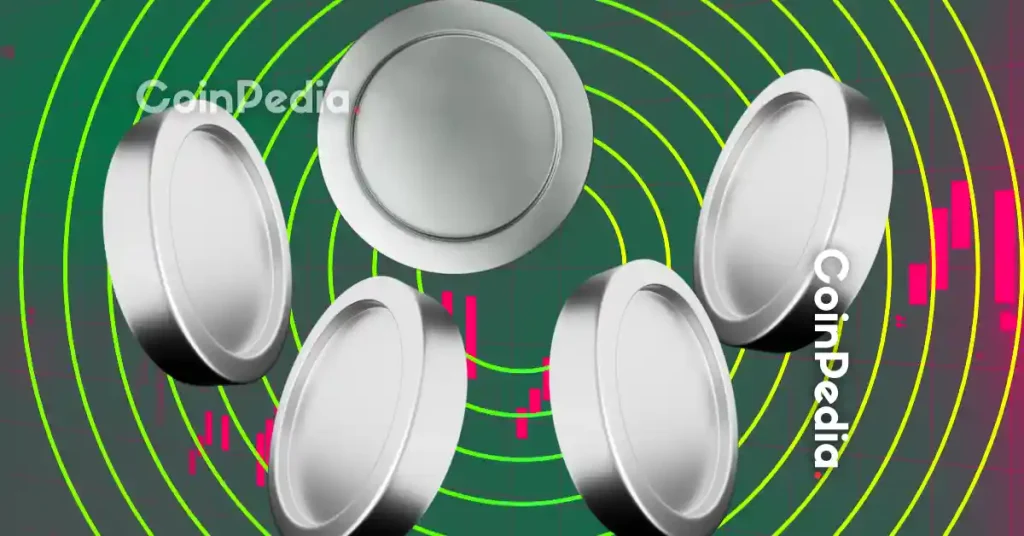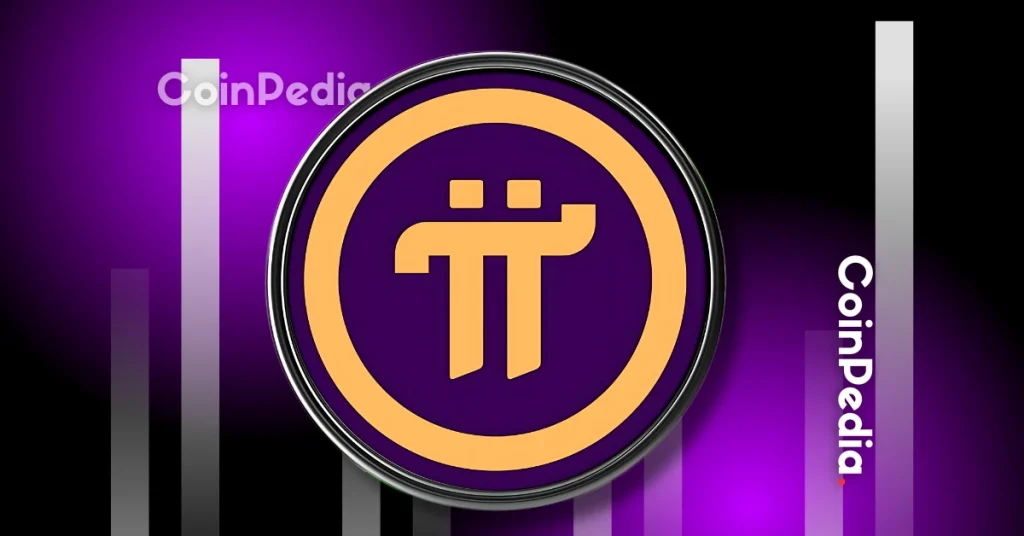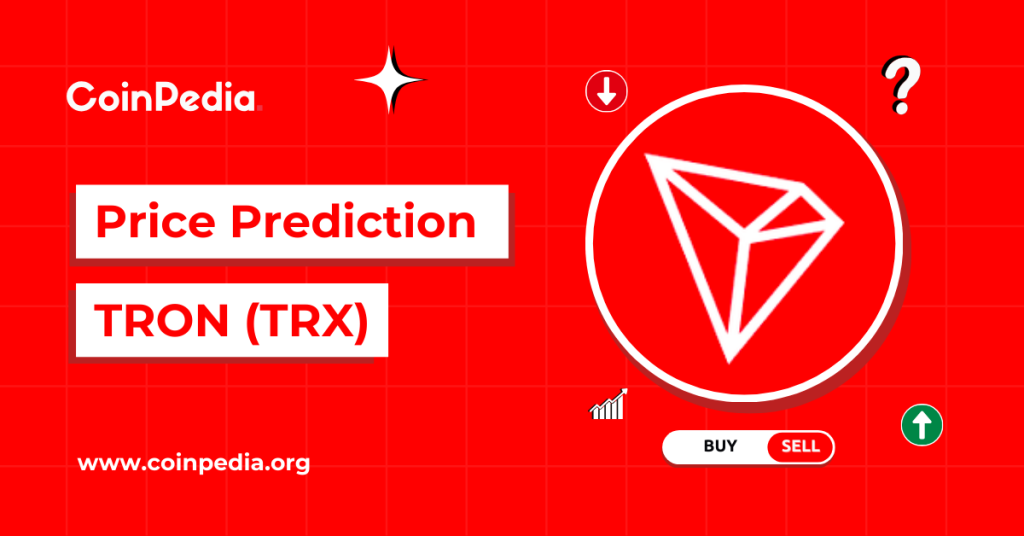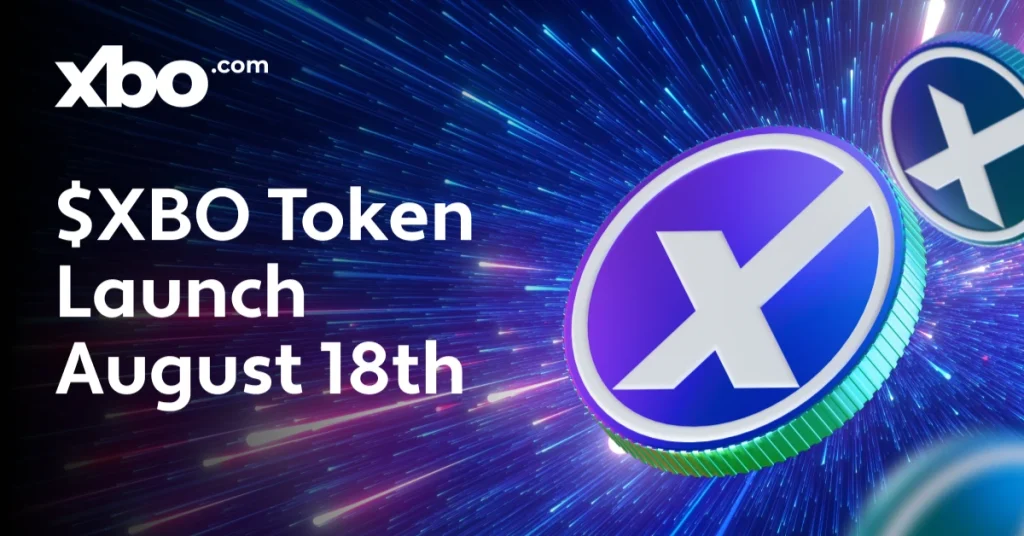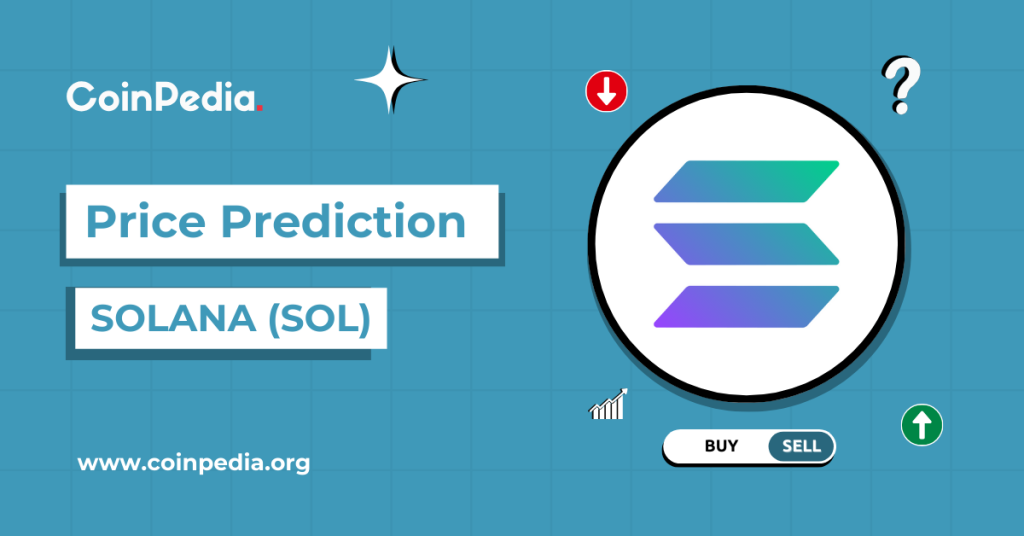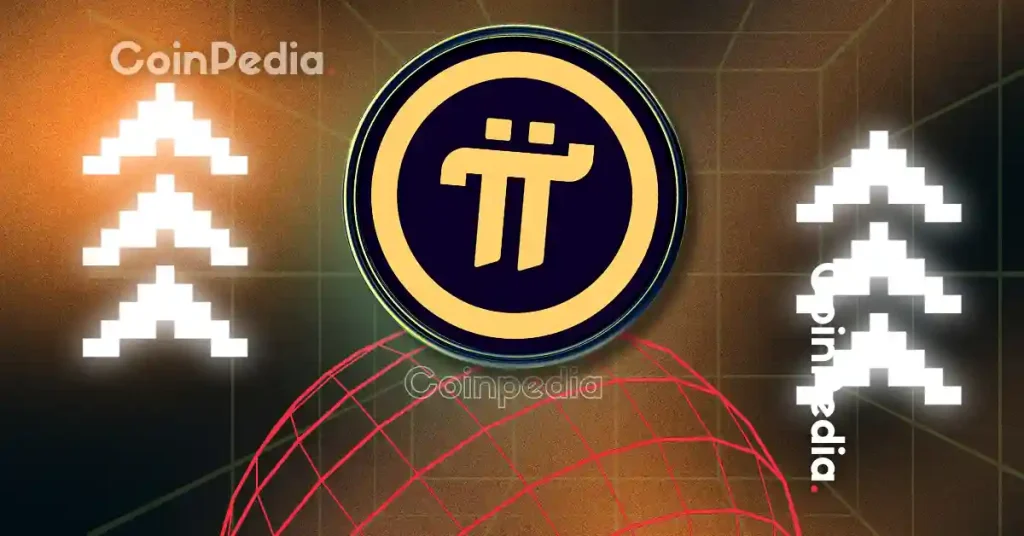

KAST Card Review 2025: The Best VISA Stable Coin Crypto Card
When I first heard about crypto cards back in 2019, I dismissed them as niche products with excessive fees and limited utility. Fast forward to 2025, and I’m using my KAST Solana Illuma card for nearly everything – from morning coffee runs to booking international flights.
What changed?
The crypto landscape evolved dramatically, and KAST positioned itself at the perfect intersection of traditional finance and digital assets. After months of daily use across multiple countries, I’m sharing my comprehensive review of the KAST Card ecosystem to help you decide if it’s right for your lifestyle.
Disclaimer: The cryptocurrency industry evolves rapidly, and features, fees, and availability may change after this review’s publication in July 2025. Always verify the latest information directly with KAST before making financial decisions.
What is KAST Card?

KAST Card is a VISA Stable Coin Crypto card that allows users to spend cryptocurrency assets through traditional Visa cards. Based out of Singapore with a strong presence in Singapore, UAE and global markets, KAST has positioned itself as a premium bridge between the crypto ecosystem and everyday spending.
Unlike earlier crypto cards that felt like clunky add-ons to exchanges, KAST built its entire ecosystem around seamless spending. The platform combines multiple elements:
- Physical and virtual Visa cards with various tier options
- A user-friendly mobile app for management
- USD banking integration for traditional finance connectivity
- Deep Solana blockchain integration with staking rewards (Optional)
- Instant card activation and real-time transaction notifications
What sets KAST apart is its focus on premium experiences rather than just utility. The cards themselves (especially the higher tiers) are conversation starters – from the LED-illuminated Solana Illuma to the 24k gold-plated Solana Gold card.
Top Features That Make KAST Stand Out
1. Visa Card Integration with Global Acceptance
KAST’s partnership with Visa ensures near-universal acceptance. . The cards function identically to traditional Visa cards at point-of-sale, and can be used as physical card or simple tap and pay.
You can also withdraw funds from ATM if you like.
The transaction process is seamless – your crypto assets (Stable coins) remain in your KAST account until you swipe, at which point the exact amount needed is converted to fiat at the current market rate.
2. Apple Pay and Google Pay Integration
One feature I initially undervalued was the seamless Apple Pay integration. Adding my KAST card to Apple Pay took less than 30 seconds, and I’ve found myself using this option more frequently than the physical card for everyday purchases.
For Android users, Google Pay works equally well. This integration eliminates the “crypto card stigma” entirely – to anyone watching, you’re just another person paying with their phone.
3. Instant Card Activation
Unlike traditional banks that make you wait days or weeks for a physical card, KAST provides instant virtual card activation. The moment you’re approved, you can add your virtual card to Apple Pay or Google Pay and start spending immediately.
Physical cards could take months to arrive (in my experience), but you’re never left waiting to access your funds due to Virtual cards.
4. Stablecoin Support for Reduced Volatility
One of my favorite features is the ability to fund the card with stablecoins like USDT, USDC, and USDe. This eliminates the volatility concerns that plagued earlier crypto cards.
5. Solana Integration and Staking
KAST’s deep integration with Solana provides significant advantages for SOL holders. Beyond just spending SOL, you can stake it directly within the KAST ecosystem for impressive APY returns (more on this in the dedicated staking section).
The Solana integration also means faster transaction processing and lower fees compared to cards built on Ethereum or Bitcoin.
Note: I don’t use this feature yet due to privacy concerns.
6. Fiat Banking Account – USD Banking Integration

KAST provides users with virtual USD bank accounts that function like traditional bank accounts. Friends, family, and businesses can send payments via ACH or Fedwire, which automatically convert to USDC in your KAST account. You can also send payment to other USD account using this feature.
This feature is available in 150 copuntries.
This feature creates a seamless on-ramp from traditional finance to crypto, eliminating the need to use external exchanges for conversion.
7. Multiple Card Tiers for Different Needs
KAST offers several card tiers, each with unique benefits and annual fees. I’ll break these down in detail in the next section, but the variety ensures there’s an option for everyone from casual crypto users to high-net-worth individuals.

Which KAST Card is Right for You? A Tier-by-Tier Breakdown
After using multiple KAST card tiers (I started with the standard K-Card before upgrading to Solana Illuma), I’ve developed a clear understanding of which cards suit different spending profiles. Here’s my breakdown:
For Monthly Spending Under $2,000: K-Card (Standard Solana Card)
Annual Fee: $20 (waived if you spend $1,000 in first 3 months) Cashback: 2-6% SOL Staking APY: 3.5-7% Daily Limits: Unlimited purchases, $5,000 ATM withdrawals
The entry-level K-Card (also called Standard Solana Card) offers exceptional value for casual crypto users. With a negligible annual fee that’s easily waived, it provides respectable cashback and modest staking rewards.
I started with this card and found it perfect for testing the KAST ecosystem without commitment. The unlimited purchase limit is generous for this tier, though the ATM withdrawal limit is more restrictive than higher tiers.
Best for: Crypto beginners, occasional users, or those wanting to test the KAST ecosystem before committing to higher tiers.
For Monthly Spending of $2,000-$5,000: X Card or Solana Illuma
Annual Fee: $1,000
Cashback: 5-12%
SOL Staking APY: 7-14% (Solana Illuma only, X Card has no staking)
Daily Limits: Unlimited purchases, $20,000 ATM withdrawals
This is where KAST starts to differentiate itself from competitors. I currently use the Solana Illuma as my daily driver, and the LED-illuminated SOL logo never fails to start conversations.
The economics make sense if you spend over $2,000 monthly. With 5-12% cashback, you’ll recover the $1,000 annual fee after spending $8,333-$20,000 annually (depending on your exact cashback rate).
The Solana Illuma offers substantial staking rewards that the X Card doesn’t, making it the clear choice for SOL holders. However, if you don’t hold SOL and prefer the X Card’s design, the cashback rates are identical.
Best for: Regular crypto users, frequent travelers, and those who appreciate the premium card experience with meaningful rewards.
For Monthly Spending Over $5,000: Solana Gold

Annual Fee: $10,000
Cashback: 8-18%
SOL Staking APY: 14-21%
Daily Limits: Unlimited purchases, $50,000 ATM withdrawals
The Solana Gold card is unabashedly premium with its 24k gold-plated design and exceptional rewards structure. The $10,000 annual fee initially shocked me, but the math works for high spenders.
If you spend $8,000+ monthly ($96,000+ annually), the 8-18% cashback alone covers the annual fee. Add in the industry-leading 14-21% SOL staking rewards, and this card becomes extremely attractive for those with significant SOL holdings.
During my test month with this card (KAST let me try it before deciding whether to upgrade), I was impressed by the concierge service and higher limits, though the core functionality remains similar to the Illuma.
Best for: High-net-worth individuals, serious SOL investors (5,000+ SOL), and those who spend significantly on their cards monthly.
For Collectors and Ultra-High-Net-Worth Individuals: Solana Solid
Annual Fee: By invitation only (approximately $25,000) Cashback: 10-20% (estimated) SOL Staking APY: 14-21% (same as Gold) Daily Limits: Unlimited with personalized arrangements
The Solana Solid is KAST’s invitation-only tier, limited to 100 cards globally. I haven’t personally used this tier, but I’ve spoken with two cardholders who confirmed its exclusivity and premium benefits.
Beyond the heaviest metal construction in the industry and gold plating, the card offers personalized concierge services and custom limit arrangements. The staking rewards match the Gold tier, but the cashback rates are reportedly slightly higher.
Best for: Collectors, crypto whales, and those who value exclusivity above all else.
SOL Staking Rewards: How They Work and Why They Matter
One of KAST’s most compelling features is its SOL staking program, which offers some of the highest yields in the industry. Here’s my breakdown of how it works and what to expect:
Understanding KAST Points and SOL Staking
KAST uses a points system tied to SOL staking that determines your effective APY. Different card tiers offer different point multipliers:
- Solana Card (Standard): 0.5x to 1x KAST points per SOL per epoch (~3.5% to 7% APY)
- Solana Illuma: 1x to 2x KAST points per SOL per epoch (~7% to 14% APY)
- Solana Gold/Solid: 2x to 3x KAST points per SOL per epoch (~14% to 21% APY)
An “epoch” in Solana refers to a specific time period (approximately 2-3 days) used for staking rewards distribution.
Community Sentiment
Interestingly, despite these concerns, there’s very little discussion about KAST privacy issues on social platforms like Reddit and Twitter. This could indicate either that privacy concerns aren’t a priority for most users, or that the service is still too new for widespread privacy discussions to have developed.
My Recommendation
If privacy is important to you, consider these strategies:
- Skip Solana integration or Create a separate SOL wallet specifically for KAST integration
- Contact KAST customer support directly to request their current privacy policy
Daily Usage: Fees and Limits You Should Know
Understanding the fee structure and limits is crucial for maximizing value from your KAST card:
Transaction Fees
- Card Spend (USD): Free
- Card Spend (Non-USD): 2.0% FX Fee
- ATM Withdrawal Fee: $3 + 2% of withdrawal amount
- Deposit Fee: Free
The 2% foreign transaction fee is standard across the industry, but worth noting if you frequently spend in non-USD currencies. I’ve found that the high cashback rates (especially on premium tiers) more than offset this fee for most purchases.
Daily Limits
- Purchase/Swiping Limit: Unlimited across all tiers
- ATM Withdrawal Limits:
- K-Card: $5,000 daily
- X Card/Solana Illuma: $20,000 daily
- Solana Gold: $50,000 daily
These limits are significantly higher than most competing crypto cards, making KAST particularly attractive for high-value transactions.
Is KAST Card Right for You? My Final Verdict
KAST Card is one of the best Stable coin VISA card that is available in the market. They are constantly evolving and adding new features. The Instant KYC and card issuance ensure you don’t wait days for using the card.
Have you tried KAST or other crypto cards? I’d love to hear about your experiences in the comments below!
Final Thoughts: The Future of Crypto Spending?
KAST represents what I believe is the future of crypto-to-fiat bridges: seamless, rewarding, and integrated with traditional financial systems. While privacy concerns remain, the practical utility and impressive rewards structure make it a standout option in 2025’s crypto card landscape.
Disclaimer: This review reflects my personal experience with KAST as of July 2025. Cryptocurrency services evolve rapidly, and features, fees, and availability may change. Always conduct your own research and consider your financial situation before applying for any financial product. I am not a financial advisor, and this article should not be considered financial advice.
Have you tried KAST or other crypto cards? I’d love to hear about your experiences in the comments below!
Help us improve. Was this helpful
KAST Card Review 2025: The Best VISA Stable Coin Crypto Card was published on CoinSutra - Bitcoin Community

